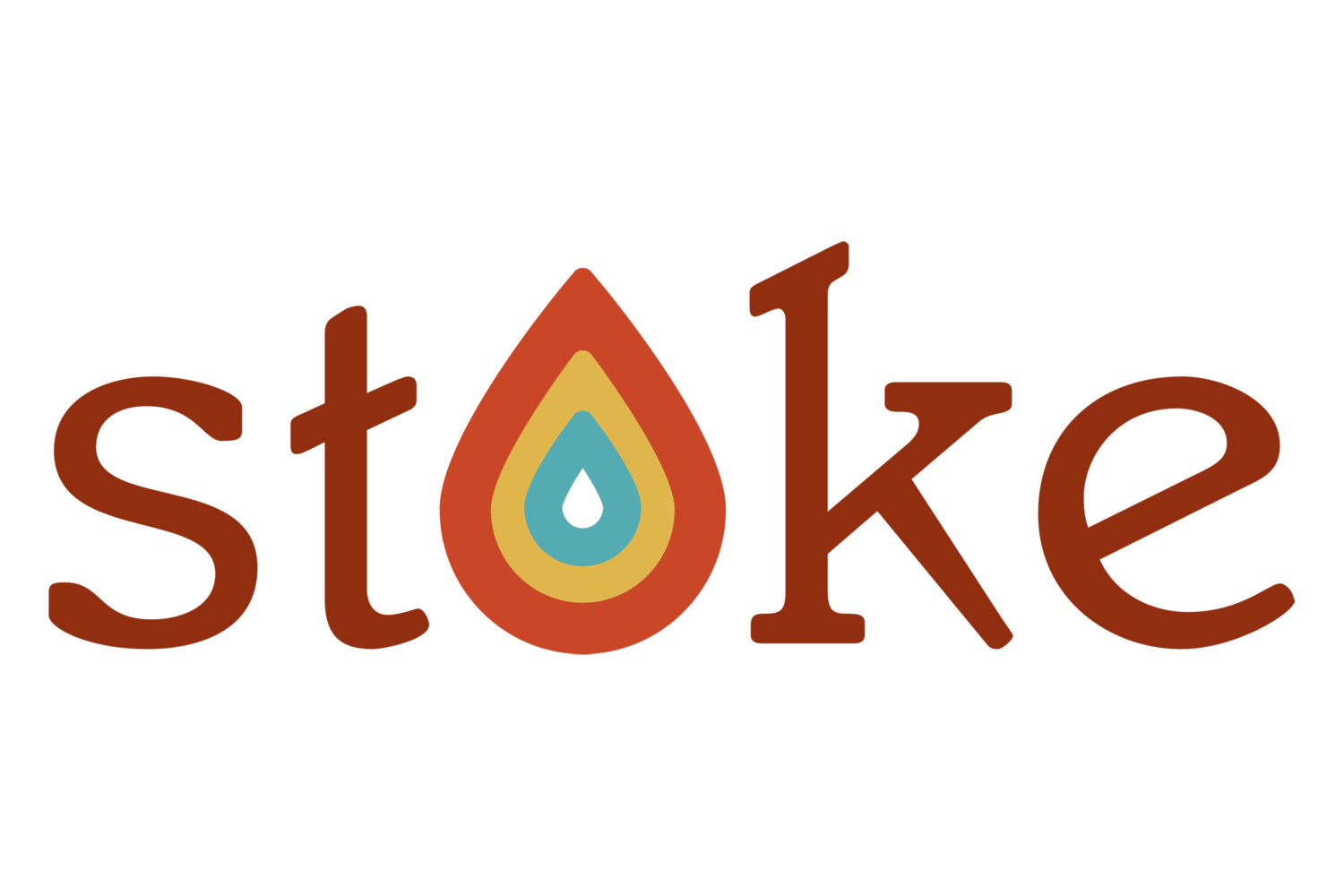Featured image and banner image from Bunch Bikes
Aaron Powell is dynamic, driven, and an excellent leader and entrepreneur. He’s been involved at Stoke since our early days in 2016, and over the years, we’ve been honored to have Aaron participate in our programming as a mentor, and we’ve loved cheering him and Bunch Bikes on as his business has grown. From visiting the Bunch Bikes warehouse to record the virtual Denton Startup Crawl in 2020 (prior to their big move to a larger warehouse) to eagerly watching Aaron on Shark Tank (Season 12, episode 19 (episode 1219) on March 26, 2021. You can watch the full episode on Hulu), we’ve learned so much from him!
That’s why we caught up with Aaron to ask him about his experience pitching to the sharks. This year, Stoke, the City of Denton, and Denton Business Allies are facilitating the Denton Pitch Competition (DPC), at which you can pitch your business (looking at you, Denton entrepreneurs and small business owners) to win a cash prize of $5k, $3k, or $2k for business expenses. It costs nothing to apply, and if selected, you’ll receiving coaching to develop and perfect your pitch and visuals.
Since Aaron knows what it’s like to pitch to investors (in the Denton Pitch Competition case, it will be a small panel of judges), we asked him about what it was like and for any tips he might have so that you can have the confidence to apply for DPC!
How did you research and prepare facts and information about the industry that you’re in?
I used available statistics and projections on growth of the market that existed, along with a dose of healthy optimism! For my particular niche there wasn’t an established U.S. market so I was able to look at per capita data in Europe and make a relevant comparison by looking at demographic information from the U.S. census to establish a market size.
Aaron at the Stoke Mentor Mix + Meet, early 2020, photo from Stoke
How did you choose what information you would share?
For my unique pitch on TV, I had to take a multi-faceted approach of saying things that the investors would be interested in, while also trying to pitch a commercial to potential customers out there watching at home. So I tried to work in info about the bikes, tried to hi-light how relatable I was as a parent of 2 kids myself and a self-made entrepreneur, and then lead with my strengths… a sales history!
What approach did you take with articulating the messaging about your business and brand to be persuasive about why you should get what you were asking for?
I hi-lighted what I was doing, and why it was unique. It was a new market that had yet to be established, and so there was a huge growth opportunity.
The other half is me, the business owner. In an early stage business, the #1 thing an investor is looking at is the entrepreneur and if they have what it takes to make it successful and to persist when things get challenging. I made sure to talk about some major challenges I overcame, and I made sure to not back down in negotiations, because they want to know if you’re a fighter and if you have grit.
Collection from the Bunch Bikes website! Look at all these happy faces.
What kinds of questions were you prepared to field and how did you prepare?
Starting 6 months before my Shark Tank pitch I began watching 2-3 episodes a night and kept a log of all questions asked in a word doc. I kept a tally for the ones that showed up over and over, and then was able to priority rank for the questions that I knew that they were almost certain to ask. And then for the remainder of the list I took my personal situation under the microscope and tried to predict which things I thought they might want to know about (typically the weaknesses and the strengths of the business).
How did you calculate your ask?
After watching most seasons of the show, I figured out what a “normal” range of offers they made for certain metrics like revenue, growth, etc. I had my own independent valuation of what I thought the company was worth based on revenue multiples. The Sharks always get a way better deal than any normal investor would, so took whatever number they offered me, and added the $500k in free marketing I would receive if I did a deal to it. In no case was I going to give up more than 15% of the company, because I wanted to allow for future investors without having to dilute my own stake below a controlling stake of 50%.
Do you have any tips for the nervous pitch-er?
Aaron at the Stoke Mentor Mix + Meet, early 2020, photo from Stoke
Be authentic and own your imperfections. No investor would be interested in the “perfect” business. They are looking for businesses where they can add value. If the business has a lot of potential, but you are deficient in some areas that aren’t your expertise (but are the expertise of the investor), then there’s a big synergy there, and that can be really attractive to an investor. Every business has bad stuff, and if you try to cover it up, you will just come across as dishonest.
Thanks for being willing to answer some questions about your experience preparing for Shark Tank, Aaron!
You can read more about Aaron’s shark tank experience (applying & auditioning for the show, preparing, hitting the road, and getting ready to film during year two of the pandemic, plus what happened afterward) on the Bunch Bikes website.
Aaron Powell, fam, and bikes, photo from Bunch Bikes





